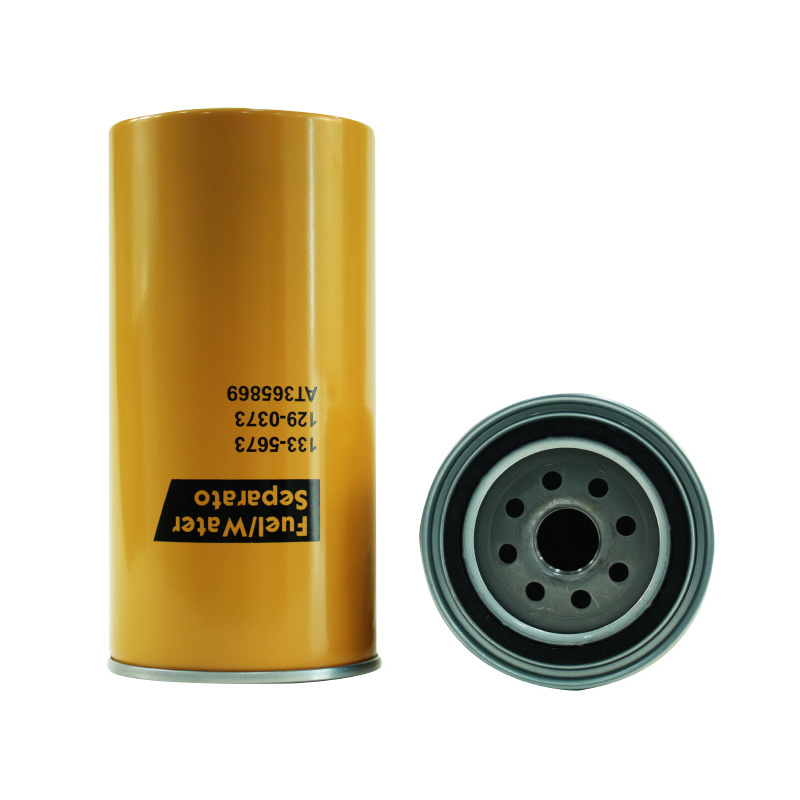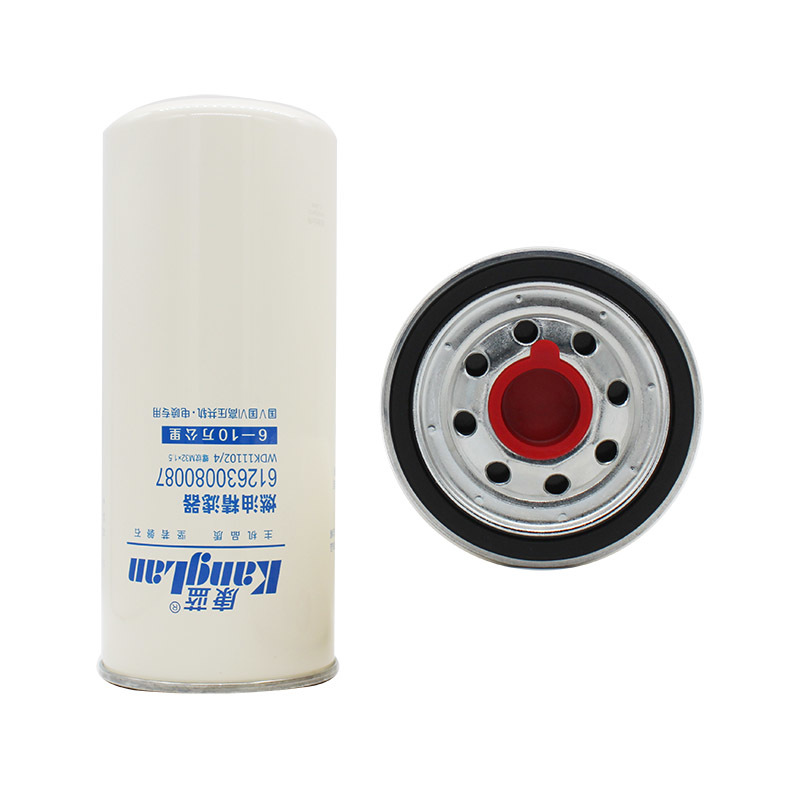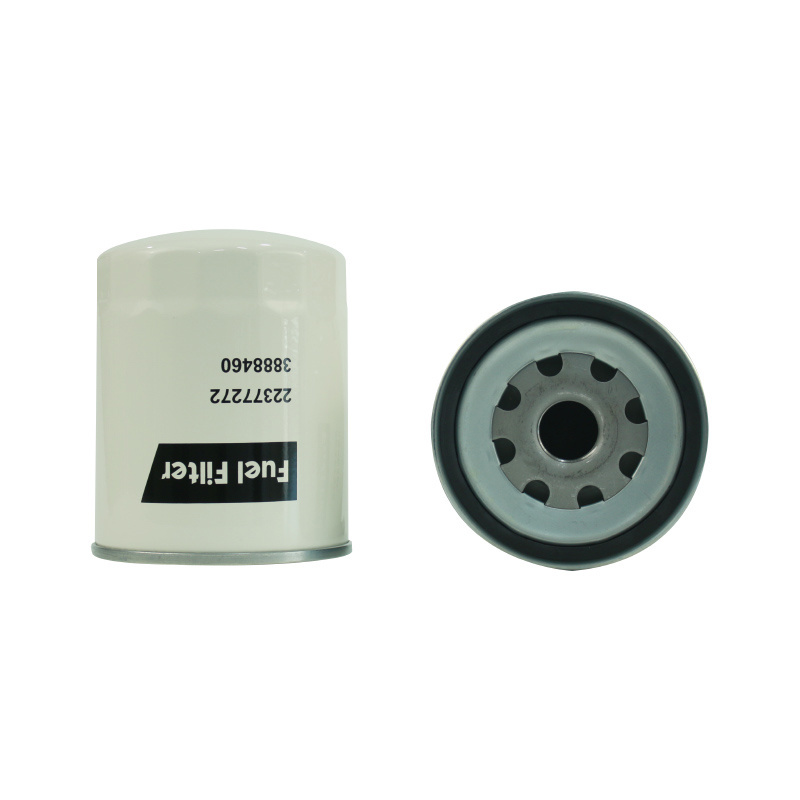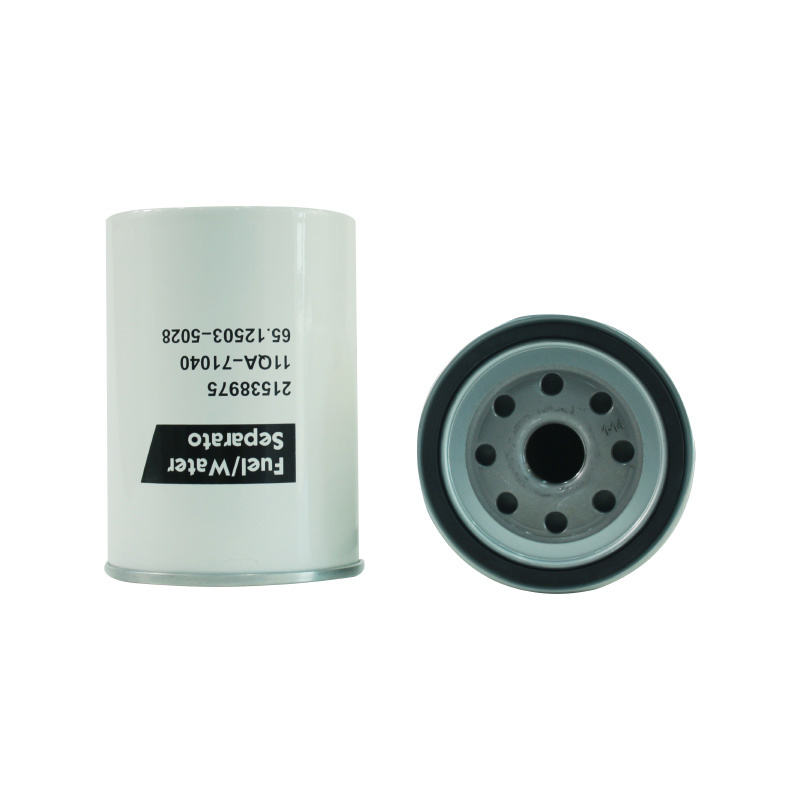Welcome to Hebei Takai Vehicle Parts Technology Co., Ltd.
How to Choose the Right Tractor Oil Filter: Lessons from Chinese Factories
Release Time:
Jun 01,2025
How to Choose the Right Tractor Oil Filter: Lessons from Chinese Factories Table of Contents 1. Introduction to Tractor Oil Filters 2. Understanding the Role of Oil Filters in Tractors 3. Types of Tractor Oil Filters 3.1 Full-Flow Filters 3.2 Bypass Filters 3.3 Cartridge Filters 4. How to Choose the Right Tractor Oil Filter
How to Choose the Right Tractor Oil Filter: Lessons from Chinese Factories
Table of Contents
- 1. Introduction to Tractor Oil Filters
- 2. Understanding the Role of Oil Filters in Tractors
- 3. Types of Tractor Oil Filters
- 4. How to Choose the Right Tractor Oil Filter
- 5. Lessons from Chinese Factories
- 6. Maintenance Tips for Tractor Oil Filters
- 7. Common Mistakes to Avoid When Choosing Oil Filters
- 8. Frequently Asked Questions
- 9. Conclusion
1. Introduction to Tractor Oil Filters
Choosing the right tractor oil filter is crucial for maintaining the health and performance of your agricultural machinery. With various options available on the market, it's essential to understand the factors that influence your choice. This guide will provide insights based on best practices from Chinese factories, known for their efficiency and quality control in manufacturing.
2. Understanding the Role of Oil Filters in Tractors
Oil filters play a critical role in ensuring that your tractor runs smoothly. They are designed to remove contaminants from the engine oil, which can include dirt, metal particles, and other debris. By keeping the oil clean, filters help maintain lubrication, reduce engine wear, and prolong the life of your machinery.
3. Types of Tractor Oil Filters
When selecting an oil filter for your tractor, it’s important to know the different types available. Each has its unique features and benefits.
3.1 Full-Flow Filters
Full-flow filters are the most common type found in tractors. They filter all the oil circulating through the engine, ensuring maximum cleanliness. These filters typically have a larger surface area to capture more contaminants.
3.2 Bypass Filters
Bypass filters work in conjunction with full-flow filters. They filter a small portion of the engine oil continuously and are used to capture finer particles. These filters are beneficial in providing additional filtration, thereby extending the life of the engine oil.
3.3 Cartridge Filters
Cartridge filters are self-contained units that are easily replaceable. They are designed to be installed with minimal effort and are often used in modern tractors due to their convenience and efficiency.
4. How to Choose the Right Tractor Oil Filter
Selecting the right oil filter is not just about picking any filter off the shelf. Here are critical factors to consider:
4.1 Consider Your Tractor Type
Different tractors have different oil filtration requirements. Check your tractor’s owner manual for specific recommendations on oil filter types that are compatible with your model.
4.2 Evaluate Filtering Capacity
It's essential to assess the filtering capacity of the oil filter. A filter with a high capacity can hold more contaminants, ensuring your oil remains cleaner for a longer period. Look for filters that provide specifications like dirt-holding capacity.
4.3 Check Oil Viscosity Ratings
Ensure that the oil filter you choose is compatible with the viscosity of the oil you use. Different oils have different flow characteristics, and a filter must support your oil’s viscosity for optimal performance.
5. Lessons from Chinese Factories
Chinese factories have set benchmarks in manufacturing practices that can provide valuable lessons in selecting tractor oil filters.
5.1 Quality Control Practices
Leading Chinese factories employ stringent quality control measures to ensure their products meet international standards. This includes regular testing of filter materials, performance evaluations, and durability tests. When choosing an oil filter, look for manufacturers that follow similar quality assurance processes.
5.2 Cost Efficiency in Production
Chinese manufacturers often achieve cost efficiency through innovative production techniques. Understanding these methods can help you find reasonably priced oil filters without compromising on quality. Always compare prices while ensuring that the chosen product is from a reputable manufacturer.
6. Maintenance Tips for Tractor Oil Filters
Proper maintenance of your tractor oil filter is essential for its longevity. Here are some practical tips:
1. **Regularly Check and Change Filters:** Follow the manufacturer’s recommendations for changing your oil filter. Generally, it’s advisable to replace the filter during every oil change.
2. **Inspect for Leaks:** Periodically inspect the oil filter for any signs of leaks or damage. A damaged filter can lead to severe engine issues.
3. **Use Quality Oil:** Always use high-quality oil that is compatible with your tractor's engine. This will enhance the performance of the oil filter.
7. Common Mistakes to Avoid When Choosing Oil Filters
Avoid these common pitfalls to ensure you choose the right oil filter for your tractor:
1. **Ignoring Manufacturer Recommendations:** Always refer to your tractor’s manual for the correct oil filter specifications.
2. **Opting for Low-Cost Filters:** While it might be tempting to go for cheaper options, low-cost filters often compromise on quality and can lead to engine damage.
3. **Overlooking Compatibility:** Ensure that the filter fits your tractor model. A poorly fitting filter can lead to leaks and inefficiency.
8. Frequently Asked Questions
1. How often should I change my tractor oil filter?
Changing your tractor oil filter should ideally coincide with your oil change intervals. This is typically every 100 to 200 hours of operation, depending on the manufacturer's recommendations.
2. Can I use any oil filter for my tractor?
No, it is crucial to use oil filters that are specifically designed for your tractor model. Using an incompatible filter can lead to serious engine issues.
3. What are the signs of a failing oil filter?
Signs of a failing oil filter include low oil pressure, engine knocking, and oil leaks. Regular inspections can help identify these issues early.
4. Is it worth investing in a high-quality oil filter?
Yes, investing in a high-quality oil filter can significantly enhance engine performance and longevity. Cheap filters may save you money upfront but can lead to costly repairs down the line.
5. What should I do if I notice oil leaks around the filter?
If you notice oil leaks, immediately stop using the tractor and inspect the filter. Ensure it's properly tightened and check for any damage. Replace the filter if necessary.
9. Conclusion
Selecting the right tractor oil filter is vital for maintaining the efficiency and longevity of your machinery. By understanding the different types of filters, considering your tractor model, and learning from best practices in Chinese factories, you can make an informed decision. Regular maintenance and careful selection can help you avoid common mistakes and keep your tractor running smoothly for years to come. Invest the time and effort into choosing the right oil filter, and reap the rewards of increased performance and reduced long-term costs.
You Can Also Learn More About Industry Trends












